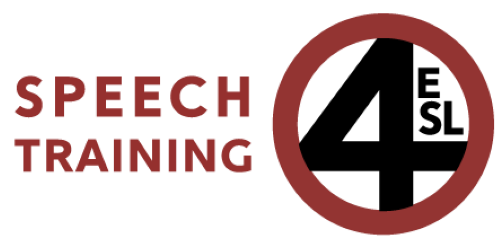Talking tip #6: Our jaw assists our speech.
Have you ever thought of your jaw playing a role in your speech? Yes, it holds our teeth and anchors our tongue, but is that all it does for us when we are speaking? Not exactly.
The Elevator
The jaw can be thought of as an elevator, going up and down in varying degrees for each of the speech sounds we say. It moves it conjunction with our tongue and plays a role in how we are able to make distinct individual sounds. It also helps in our overall clarity.
Our Sounds
Consider the vowels. In North American English, we say 19 vowels and combinations of vowels. We use our tongue and lips to varying degrees to make those sounds. For some vowels, our tongue rises up within our mouth. For others, it rests low. Our tongue also moves forwards and back depending on the sound we make. Our lips will vary from being retracted, almost like a smile, to being rounded.
The lips and tongue aren’t all we use when making our speech sounds. We also use our jaw. Our jaw opens and closes, goes from a raised, closed position all the way to a low, open position. It is instrumental in making our vowels sound the way they do. For instance, when we say the long “e” sound, our jaw is in a high position, with a small opening. In contrast, when we say “eh”, we’ve lowered our jaw a bit, leaving it in a slightly more open posture. When we say “a” as in “cat”, we let it all hang out. Our jaw is wide open, lowered to the max in order for that vowel to sound as open and fat as it can.
Why does this matter?
When you are speaking North American English as your second (or more) language, you are overlaying the vowels you know from your first language onto the new ones you are now saying in English. The mechanics with which you speak are most likely from your native language. Perhaps in your language, you don’t open your mouth and lower your jaw to the extent Americans do when speaking English. This will affect the way your vowels sound.
In addition, in terms of overall clarity, the more you use your jaw to your advantage, the clearer your speech can sound.

0 Comments